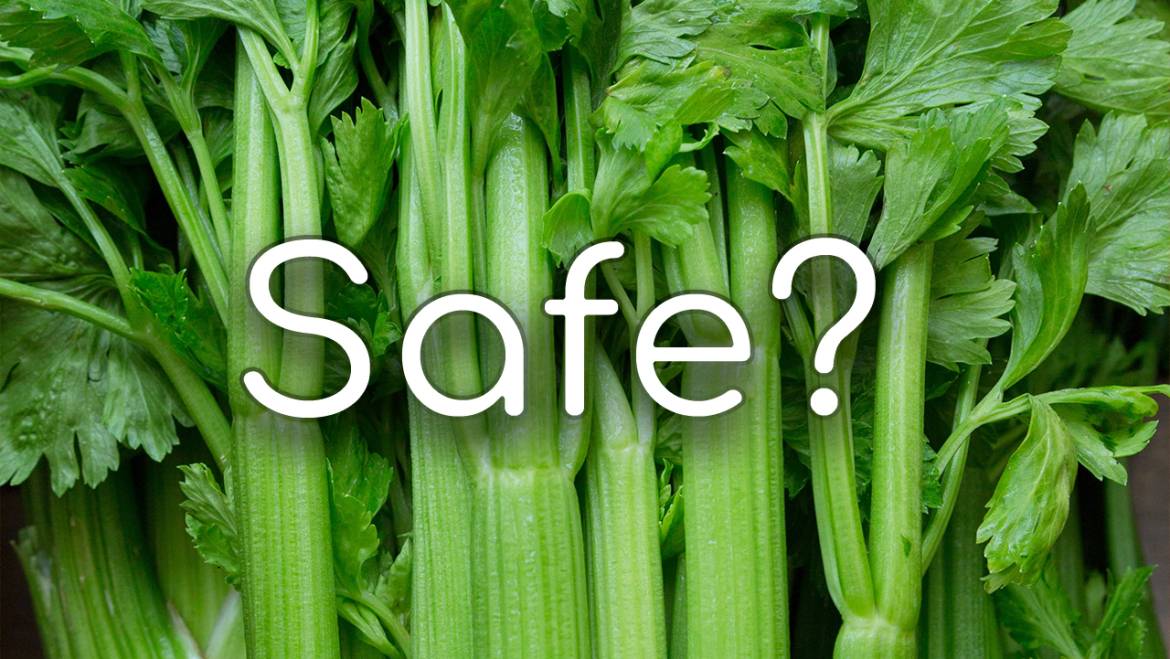As a chinchilla owner, it’s important to make sure your furry friend is getting a balanced diet. While hay and pellets should make up the majority of their diet, it’s natural to want to treat them with fruits and vegetables. However, not all fruits and veggies are safe for chinchillas to eat. In this article, we’ll discuss the question, “Can chinchillas eat celery?” and provide you with everything you need to know about this crunchy vegetable.
Nutritional Benefits of Celery for Chinchillas
Celery is a low-calorie vegetable that is rich in nutrients such as vitamins C, K, and B6, as well as potassium and fiber. While chinchillas do not require as much vitamin C as humans do, small amounts can still be beneficial for their overall health. Vitamin K is important for blood clotting, while vitamin B6 is necessary for proper brain development and function. Potassium is an essential mineral that helps regulate fluid balance and maintain healthy blood pressure, and fiber is important for digestion.
However, it’s important to note that chinchillas have specific nutritional requirements and should not rely on celery as their primary source of vitamins and minerals. Instead, celery can be given as an occasional treat or snack, alongside their regular diet of hay and pellets.
Risks of Feeding Celery to Chinchillas
While celery can provide some nutritional benefits, it’s important to be aware of the risks associated with feeding it to chinchillas. One potential issue is the high water content of celery, which can lead to diarrhea or digestive upset if consumed in large amounts. Another concern is the high levels of oxalates found in celery, which can lead to the formation of kidney stones in chinchillas if consumed in excess.
It’s also important to note that some chinchillas may have a sensitivity or allergy to celery, which can cause symptoms such as itching, redness, or swelling. If you notice any of these symptoms in your chinchilla after feeding them celery, it’s best to avoid giving it to them in the future and consult with a veterinarian if necessary.
How to Safely Feed Celery to Chinchillas
If you decide to feed your chinchilla celery, it’s important to do so in moderation and take certain precautions to ensure their safety. Here are some tips for safely feeding celery to your chinchilla:
- Wash the celery thoroughly before feeding it to your chinchilla to remove any pesticides or dirt.
- Cut the celery into small, bite-sized pieces to make it easier for your chinchilla to chew and digest.
- Only feed celery to your chinchilla as an occasional treat or snack, and never as a replacement for their regular diet of hay and pellets.
- Monitor your chinchilla’s reaction to the celery, and if you notice any signs of digestive upset or allergic reaction, stop feeding it to them immediately.
Other Vegetables Safe for Chinchillas
If you’re looking for other safe vegetables to feed your chinchilla, there are plenty of options to choose from. Some examples include:
- Carrots
- Bell Peppers
- Cilantro
- Spinach
- Kale
It’s important to note that all fruits and vegetables should be given in moderation and should not make up a large portion of your chinchilla’s diet. Hay and pellets should always be the main focus of their diet.
In summary, celery can be given as an occasional treat or snack for chinchillas, but it should not be relied on as a primary source of nutrition. While celery can provide some nutritional benefits, it also poses potential risks if consumed in large amounts or if your chinchilla has an allergy or sensitivity to it. As with any new food, it’s important to introduce celery slowly and monitor your chinchilla’s reaction to it.
Incorporating a variety of safe vegetables into your chinchilla’s diet can help provide them with the necessary nutrients for optimal health. Remember to always consult with a veterinarian if you have any concerns or questions about your chinchilla’s diet.



